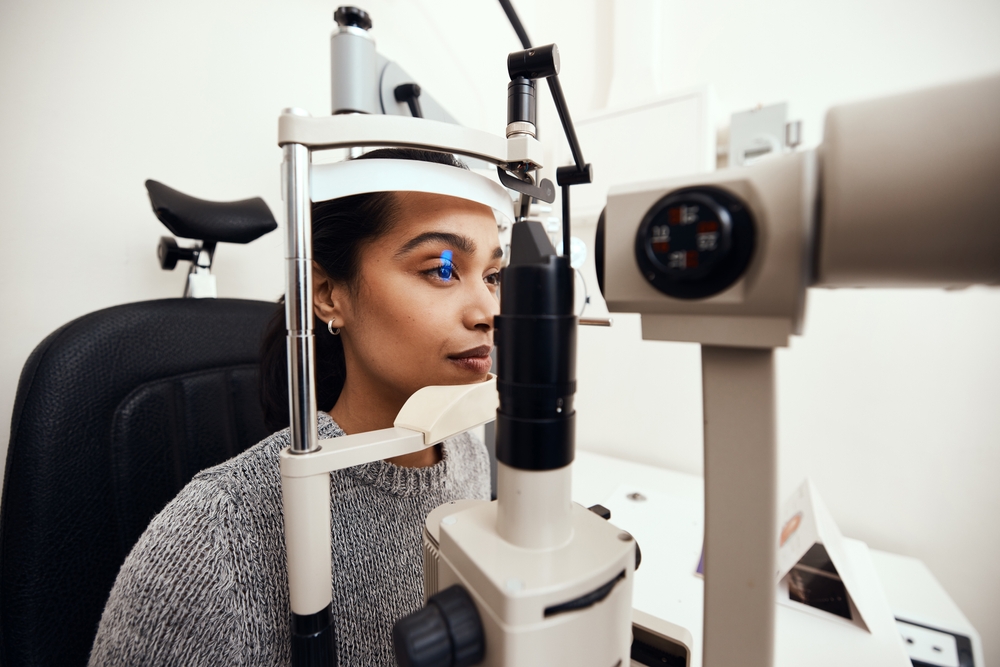
When it comes to eye health, many of us think a quick vision screening will do the job. But did you know that a vision screening isn’t the same as a full eye exam? It is important to understand the difference because it can really affect how you take care of your eyes. A full eye exam goes deeper, catching things that a basic screening might miss.
What Is a Vision Screening?
A vision screening is a quick test. Eye doctors use it to assess your visual acuity. It is often done at schools, workplaces, or even during a checkup. It checks for basic vision issues, like whether you are nearsighted or farsighted. However, it does not tell you much about the health of your eyes or detect serious conditions like glaucoma or cataracts. It only looks for obvious problems that affect your ability to see clearly.
What Is a Full Eye Exam?
A full eye exam is much more thorough. An ophthalmologist uses specialized tools to examine the health of your eyes. They will measure eye pressure, check your vision, and examine the inside of your eyes. The exam can find eye diseases like glaucoma or macular degeneration even before you feel any symptoms. A comprehensive eye exam also helps detect health conditions that can impact your vision.
Why Knowing the Difference Matters
You might wonder, “Does it really matter if I only get a vision screening?” Yes, it does. A vision screening can help spot common issues, but it does not check for everything. You might feel fine and still have a problem that a screening would not catch. A comprehensive eye exam can help prevent more serious issues and maintain your eyes’ health for years.
Why Regular Eye Exams Are Important
Problems like glaucoma or macular degeneration often develop slowly and without warning. A full eye exam helps your doctor spot these issues early. The sooner these problems are found, the easier it is to treat them before they cause lasting damage.
Vision Screening vs. Eye Exam: What Is the Difference?
Vision screenings:
Quick check for basic vision problems (nearsightedness, farsightedness, etc.).
Usually done at schools, workplaces, or during routine checkups.
Does not check for eye diseases or hidden problems.
Full eye exams:
Thorough exam by an eye doctor using special tools.
Detects diseases like glaucoma, macular degeneration, and diabetic retinopathy.
Helps spot overall eye health issues and other health concerns that can affect your vision.
When Should You Get an Eye Exam?
So, when should you schedule a comprehensive eye exam with an eye doctor? It depends on your age, health, and family history. Here are some general guidelines:
Adults between 18 and 60 years should get an eye exam every one to two years.
Children should have their first eye exam at 6 months and then follow up at age three and before school.
Adults above the age of 60 should have an annual eye exam. This should check for age-related eye conditions.
Individuals with health conditions such as diabetes or high blood pressure should schedule regular appointments with an eye doctor.
For more on vision screening and full eye exams, visit Spotlight Optometry. Our office is in San Diego, California. Call (858) 250-0052 to book an appointment today.
https://www.webmd.com/eye-health/difference-between-vision-screening-and-eye-exam







